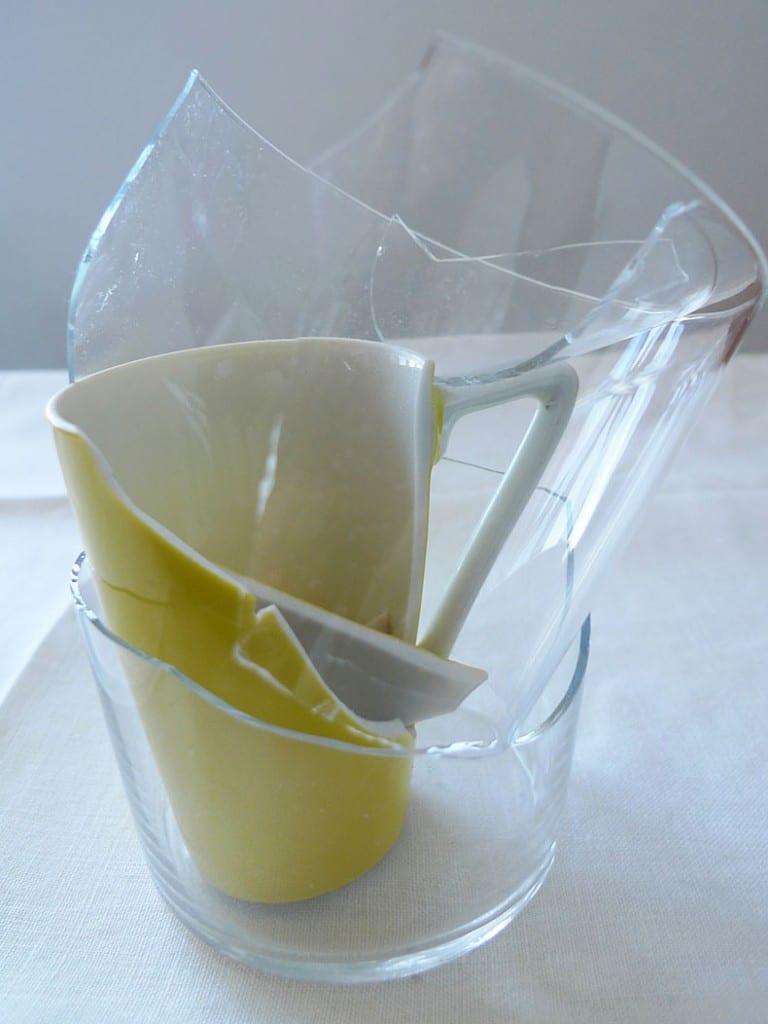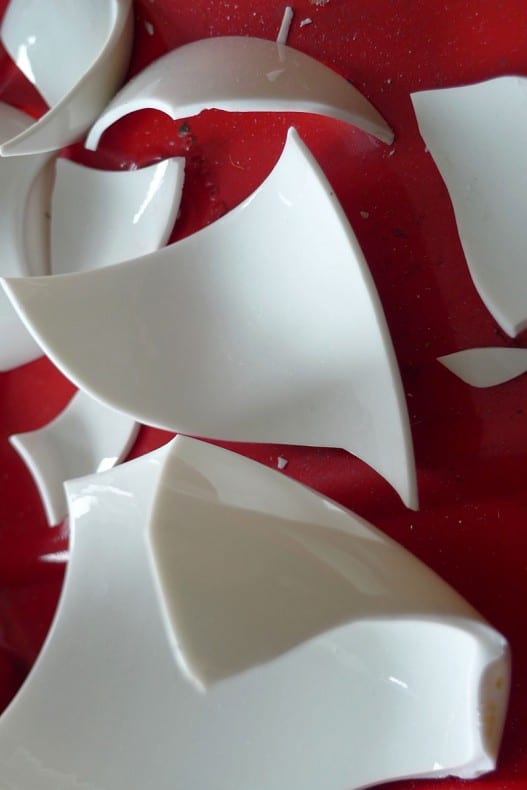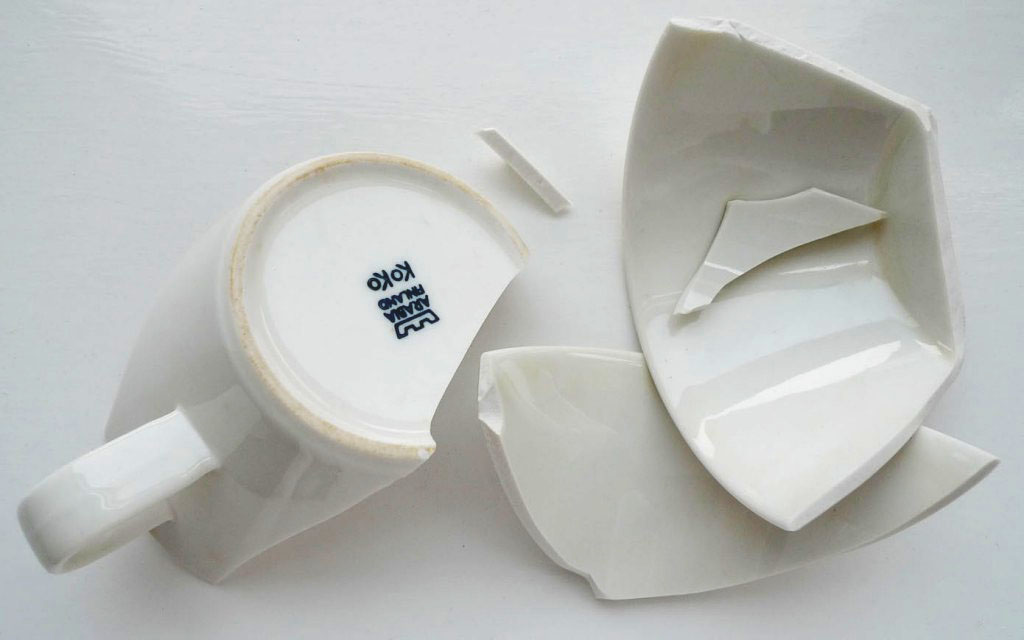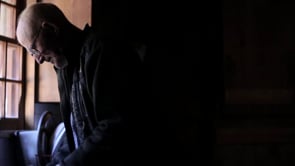At Zen Habits recently, Leo Babauta shows ways to apply a compelling daily practice from Achaan Chah, the Thai meditation master, described by Mark Epstein in Thoughts Without A Thinker: Psychotherapy from a Buddhist Perspective:
“You see this goblet?” asks Achaan Chaa, the Thai meditation master. “For me this glass is already broken. I enjoy it; I drink out of it. It holds my water admirably, sometimes even reflecting the sun in beautiful patterns. If I should tap it, it has a lovely ring to it. But when I put this glass on the shelf and the wind knocks it over or my elbow brushes it off the table and it falls to the ground and shatters, I say, ‘Of course.’ When I understand that the glass is already broken, every moment with it is precious.”
To Babauta, the cause of stress, anger and irritation is that things don’t go the way we want or expect them to. The simple solution:
…expect things to go wrong, expect things to be different than we hoped or planned, expect the unexpected to happen. And accept it.

Barbauta gave some real-life examples:
On a trip to Japan, he told his kids to expect things to go wrong because they always do on a trip. “See it as part of the adventure“. And when they took the wrong train, or it rained… “is was all OK—we didn’t get too bothered”.
Expect your child to mess up — all children do….
Expect your partner to be less than perfect.
Expect your friend to not show up sometimes.
Expect things to go not according to plan.
Expect people to be rude sometimes.
Expect coworkers not to come through sometimes.
Expect roommates not to wash their dishes or pick up their clothes, sometimes.
Expect the glass to break.
So when you have a treasured cup or glass or object, see it as already broken. If it does break, you’ll have more equanimity about it.

“…expect things to go wrong, expect things to be different than we hoped or planned, expect the unexpected to happen. And accept it.”
Words to live by. And for us, a question naturally follows “Accept it”: How can I view this differently?…Solve this differently?…What lessons are the learned? …What good is to be made?

With thanks to David Saltman at Houdini File!





Spot on and beautiful after a loooong Sunday. Thanks, Sally and David!
I’ve found this practice absolutely crucial for sane event planning – essentially expecting something to go wrong, and measuring the success by how the problem was managed (vs. things not going perfectly in the first place).
The samurai expanded this even further. Their motto was, “I’m already dead.”
My husband is a poet, and one of my favorite poems he wrote, about this very way.
“I Foresee the Breaking of All That Is Breakable.”
http://johnestes.org/i-foresee-the-breaking-of-all-the-is-breakable/
I followed the link but got a Page Not Found message. Please send us that poem!!!
Try accessing “I Foresee the Breaking of All That Is Breakable” here:
http://www.versedaily.org/2011/allthatisbreakable.shtml